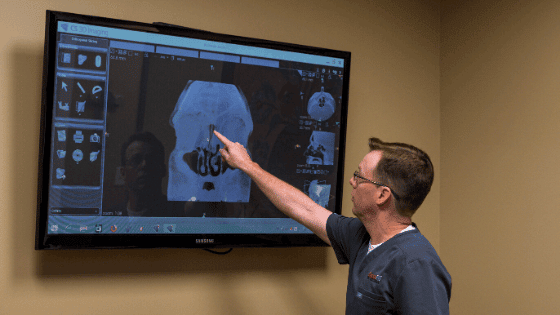How to Prevent Sinus Infections: Tips & Tricks
Sinus problems can be frustrating and often seem to get worse when we least expect it. If you've ever dealt with sinus infections, you know how they can zap your energy and disrupt your daily life. These infections, also known…





